
Speaker Bios
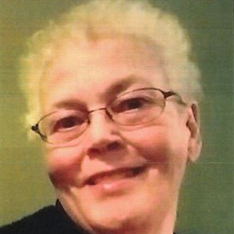 |
Connie CarrollNephew Panel Member Carroll is retired from the paycheck-driven world but is always looking for her next adventure. She currently lives in Indianapolis, but West Virginia will always be her home. Most would consider Eskenazi Health as her career. However, she considers herself a teacher. She has a list of 40+ ‘jobs’ in her history. Today, she embraces the adventures that began with her liver transplant birthday, June 14, 2021. |
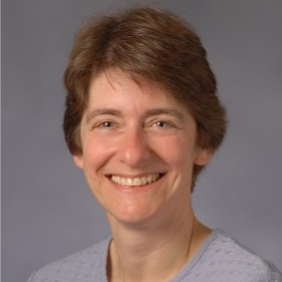 |
Tatiana Foroud, PhDModerator Tatiana Foroud, PhD, is the Executive Associate Dean for Research Affairs, the August M. Watanabe Professor for Medical Research, and Professor in the Department of Medical and Molecular Genetics. Dr. Foroud is also a Distinguished Professor and an IUPUI Chancellor’s Professor. Over the course of her more than 27 years with IU School of Medicine, Dr. Foroud has been actively involved in the genetics of neurodegenerative disorders such as Alzheimer’s disease and Parkinson’s disease as well as studies of alcoholism and fetal alcohol spectrum disorders. A statistical geneticist by training, she leads several large NIH-funded biorepositories focused on the development of effective biomarkers of disease onset and progression. |
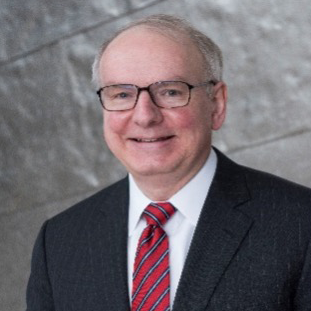 |
Jay L. Hess, MD, PhD, MHSAPresenter Dr. Hess serves as Indiana University’s executive vice president for university clinical affairs and dean of the School of Medicine. He leads the largest medical school in the United States, with nine campuses and approximately 11,000 faculty, staff and learners throughout Indiana. During his tenure, he has overseen a doubling in research funding from the National Institutes of Health, led the school through a comprehensive curriculum reform, and strengthened the relationship with IU Health, the school’s primary clinical partner and one of the nation’s premier academic medical centers. |
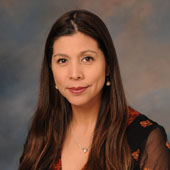 |
Adriana M. Hung, MD, MPHPlenary Speaker Dr. Hung obtained her medical degree from the Universidad Central of Venezuela, completed her residency at Albert Einstein College of Medicine, her nephrology fellowship at the University of California, San Francisco, and her master’s in public health at Vanderbilt. Dr. Hung has received several grants/awards from the National Kidney Foundation, National Institute of Health and the Department of Veterans Affairs. Dr. Hung’s research centers on examining the role of genetic and environmental factors that contribute to chronic kidney disease (CKD) progression and CVD outcomes in CKD. Specifically, she has studied the role of inflammation and insulin resistance as important pathways. One of her focuses is studying the genetic differences that explain health inequalities in kidney outcomes using multi-omic approaches and gene*lifestyle interactions and has completed innovative work on APOL1 genetics informing relevant variants like N264K that have a strong protective effect against the nephrotoxicity of G2. She is also a pharmacoepidemiologist by training and has extensive experience in conducting emulation trials and comparative effectiveness research. She supplements this area of work with causal inference in drug discovery, repurposing and drug safety using mendelian randomization and proteome wide analysis. |
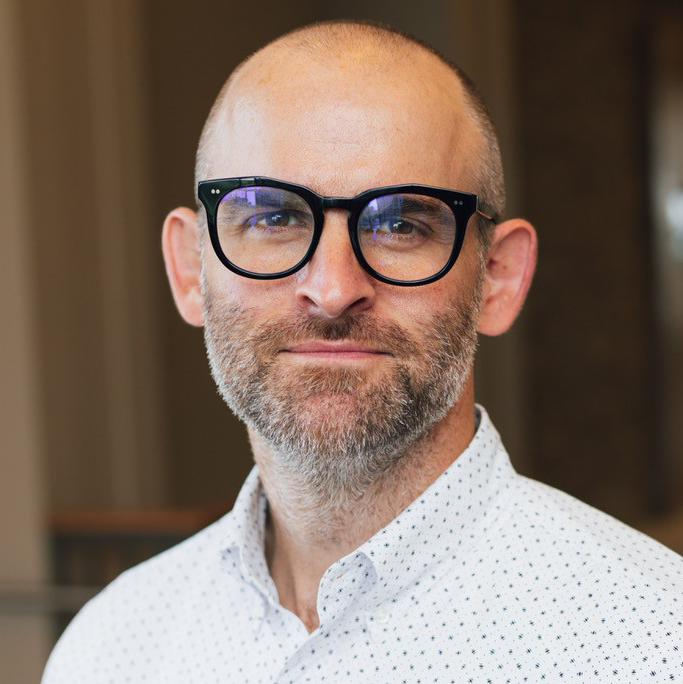 |
Brandon Keehn, PhDSpeaker Dr. Keehn is an Associate Professor of Speech, Language, and Hearing Sciences and Psychological Sciences at Purdue University, and is the current director of the Purdue Autism Research Center (PARC). Dr. Keehn’s Attention and Neurodevelopmental Disorders (AtteND) Lab uses a multimodal (eye-tracking, EEG, MRI) approach to elucidate the neurocognitive underpinnings of attention and sensory processing differences in autism and works to translate these findings in innovative and clinically significant ways. |
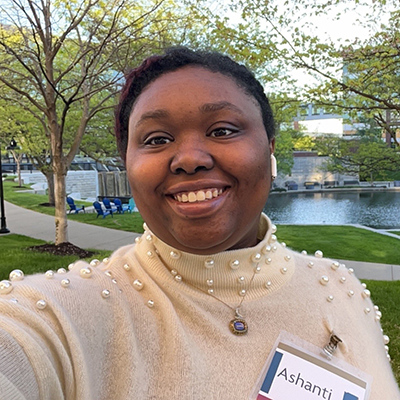 |
Ashanti KelleySchwartz Panel Member Ashanti is an alumni from IUPUI and University of Indianapolis. Currently studying to take her MCAT. Ashanti is a multitalented individual, with a strong background in healthcare. |
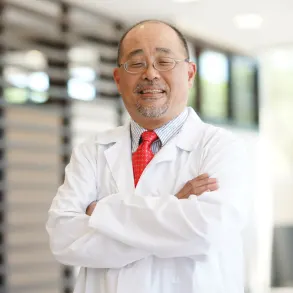 |
Kelvin Lee, MDCo-Nominator Dr. Kelvin Lee became the third Director of the Indiana University Melvin and Bren Simon Comprehensive Cancer Center in February 2021, succeeding Dr. Pat Loehrer. Dr. Lee is the HH Gregg Professor of Oncology and Associate Dean for Cancer Research in the IUSM and the System Oncology Medical Director in IU Health. He received his medical degree from the University of Michigan (Go Blue!), completed his internal medicine internship/residency at the University of Colorado (Go Buffs!), and trained in medical oncology at the University of Michigan and was a Howard Hughes Medical Research Institute Fellow in the laboratory of Dr. Craig Thompson. Dr. Lee then joined Dr. Carl June’s Immune Cell Biology Program at the Naval Medical Research Institute (Bethesda, MD) in 1992 and was an ICBP Branch Head (Stem Cell and Vaccine Development) and Assistant Professor of Medicine in the Uniformed Services University of the Health Sciences. In 1999, Dr. Lee joined the Department of Microbiology and Immunology as well as the Department of Medicine at the University of Miami (UM) Medical School. He was co-leader of the Clinical Oncology Research Program (2002-2005) and the Tumor Immunology Program (2005-2006) in the UM Sylvester Cancer Center. In 2006, Dr. Lee became the Jacob Family Chair of the Department of Tumor Immunology at the Roswell Park Comprehensive Cancer Center (RPCCC, Buffalo, NY). He was also co-leader of the CCSG Tumor Immunology and Immunotherapy Program from 2006 to 2019 and, in 2019, became the Senior VP for Basic Sciences. At RPCCC, Lee led multiple institute-wide initiatives, including establishment of the Roswell Park Center for Immunotherapy, development of the T32-funded PhD graduate program in Tumor Immunology, spearheading the first-of-its-kind scientific collaboration and business joint venture (Innovative Immunotherapy Alliance with the Center for Molecular Immunology in Havana, Cuba, and developing formal senior scientific leadership for the institution in establishing the Basic and Population Science Research Council. He was awarded the Thomas B. Tomasi Hope Award for Faculty Achievement in 2018.
Dr. Lee is nationally recognized for his work in immunology and multiple myeloma and has been continually peer-review funded since 1999. Most recently, his research has focused on the biology of normal long-lived plasma cells (e.g., Lightman et al. Immunity 2021) as well as multiple myeloma, the transformed counterparts of these plasma cells (e.g., Nair et al. Leukemia 2017). He has and is continuing to translate his laboratory research into investigator-initiated clinical trials. In addition to his active laboratory research (which includes mentoring summer, graduate, and medical student trainees), Dr. Lee has an active clinical practice seeing multiple myeloma patients weekly clinic. In addition to his extensive Institutional service, for the AACI Dr. Lee has served on the AACI Presidential Initiative Steering Committee (2021 – 2023) and currently is the Chair of the 2024 AACI/CCAF Annual Meeting Program Committee.
|
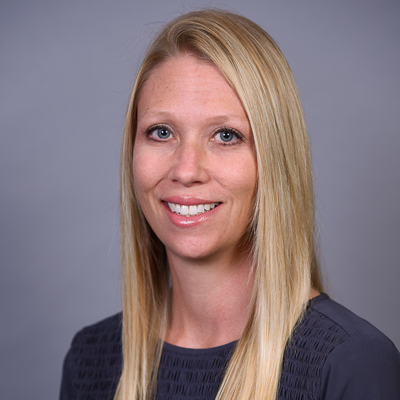 |
Rebecca McNally Keehn, PhD, HSPPPresenter Dr. McNally is an Assistant Professor of Pediatrics, clinical psychologist, and health services researcher at Indiana University School of Medicine. She is the Co-Director of Indiana’s Early Autism Evaluation Hub System, a statewide network focused on lowering the age of diagnosis and improving access to health services for autistic toddlers and young children. Dr. McNally also directs the research efforts of the Division of Developmental Medicine and Indiana’s Leadership Education in Neurodevelopmental Disabilities (LEND) program. The primary goal of Dr. McNally’s research is to develop and evaluate innovative models of autism diagnosis that improve equitable access to care. A secondary focus of her work is engagement in team science where her role is to lead autism diagnostic phenotyping and translation of outcomes for clinical impact. |
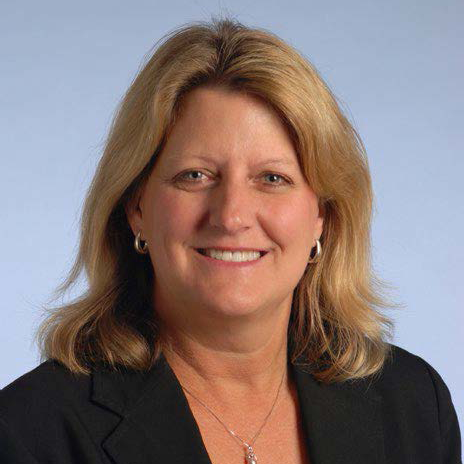 |
Sharon Moe, MD, FASNCo-Director Dr. Moe is the Associate Dean for Clinical and Translational Medicine, and the Co-Director for the Indiana Clinical Translational Sciences Institute. She is also Director of the Division of Nephrology and Stuart A. Kleit Professor of Medicine for the Indiana University School of Medicine. She has been a faculty member at Indiana University since 1992, and in 2019 was named Distinguished Professor at IU. Dr. Moe is the principal investigator for several ongoing basic and clinical research studies in the field of Chronic Kidney Disease-Mineral Bone Disorder (CKD-MBD), including studies on vascular calcification, mineral metabolism and bone metabolism in kidney disease. Her research has been funded by the NIH and Veterans Affairs for over 25 years, in addition to funding from Foundations and Pharmaceutical companies. She has authored over 200 scientific manuscripts, teaching manuscripts and textbook chapters and has mentored over 29 pre/post docs and clinical fellows on NIH awards. Dr. Moe served on the National Kidney Foundation’s Bone and Mineral metabolism K/DOQI clinical practice guidelines in 2003, was co-chair of the international KDIGO Mineral and Bone guidelines released in 2009, and a member of the 2017 update committee. She has serves on numerous ad hoc NIH study sections and was recently named as a standing member to the AMSC study section. Key Honors include election to the American Society for Clinical Research in 2005; the National Kidney Foundation in Gareb Eknoyan Award for exceptional contributions to key initiatives of the such as the Kidney Disease Outcomes Quality Initiative (KDOQI) in 2009; Councilor to the AHA Kidney Council (2002-2004), Councilor for the International Society of Nephrology (2005-2007), Councilor for the American Society of Nephrology from 2008- 2015; President of the American Society of Nephrology from 2013-2014, and election to the American Association of Physicians (AAP) in 2017. |
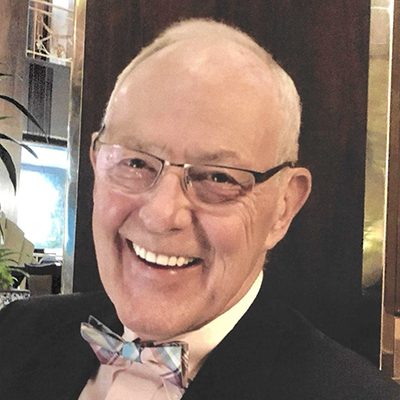 |
Bryce MoseySchwartz Panel Member Mosey grew up in Michigan, close to the border of Ontario, Canada. After high school he obtained a B.A. degree after four years at Valparaiso University and did post-graduate work at both Butler University and University of Indianapolis. Initially, he taught in the Indianapolis Public School system but left to join one company in product development and administration. After 17 years, he moved to another company and after 27 years retired from Guggenheim Financial Services. |
 |
Lauren D. Nephew, MD, MA, MSCEPresenter Dr. Lauren Nephew is Assistant Professor of Medicine in the Division of Gastroenterology and Hepatology and the Associate Vice Chair of Health Equity for the Department of Medicine at Indiana University School of Medicine. Her research program focuses on understanding how the structural and social determinants of health contribute to disparities in liver disease and developing interventions that improve access to care. Dr. Nephew completed Internal Medicine residency at Massachusetts General Hospital and Gastroenterology and Liver Transplantation Fellowships at the University of Pennsylvania. While at the Cleveland Clinic Lerner College of Medicine of Case Western Reserve University for medical school, Dr. Nephew completed a Master’s program in Bioethics. While at the University of Pennsylvania, she completed a Master’s of Science in Clinical Epidemiology. Dr. Nephew is a health equity champion, wife, and mother of two. |
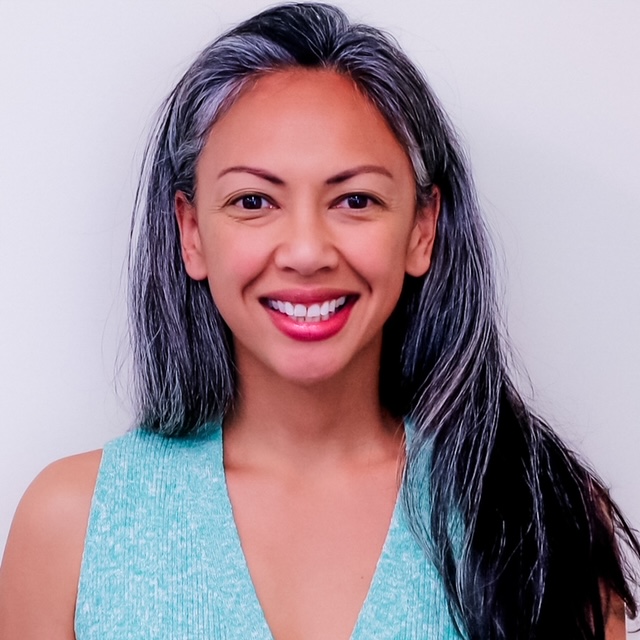 |
Melissa Pangelinan, PhDPresenter Dr. Pangelinan is a professor of Kinesiology at the School of Public Health, Indiana University Bloomington. Her research aims to enable the delivery of physical activity and other health-enhancing interventions in community settings to increase inclusion, long-term health, and quality of life of individuals with intellectual and developmental disabilities. Her current studies examine health equity and implementation factors that affect participation and adherence to clinical trials research aimed at reducing Alzheimer’s disease in adults with Down syndrome. |
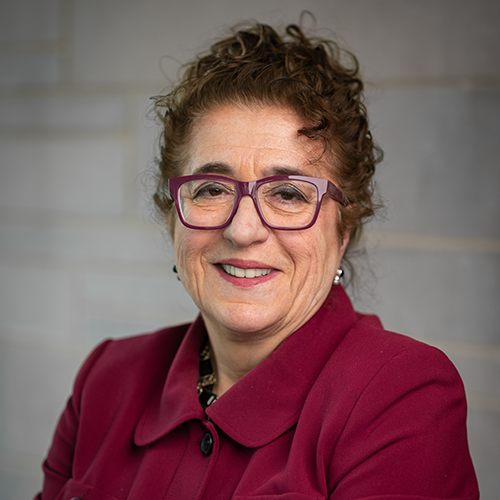 |
Bernice Pescosolido, PhDModerator Bernice Pescosolido is a Distinguished Professor of Sociology at Indiana University and Founding Director of the Indiana Consortium for Mental Health Services Research and the new Irsay Institute for Sociomedical Sciences Research. She is an elected member of both the National Academy of Medicine and the National Academy of Sciences. Trained as a medical sociologist at Yale, her research focuses on connectedness and suicide, the stigma of mental illness and addiction, international issues in health and health care, and social networked pathways to treatment. Her concerns have spanned local, national, and international questions and problems, primarily targeting mental illness. She also is currently involved as a scientific advisor/organizer for several stigma reduction efforts (e.g., National Football League, World Psychiatric Association, Bring Change to Mind). |
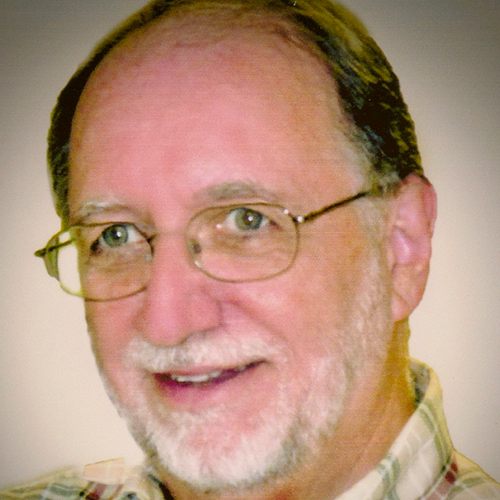 |
Gary Ratliff, MSWPangelinan Panel Member Ratliff had a career in the mental health field and retired in 2010. He has an MSW and was an LCSW (Licensed Clinical Social Worker) and an LMFT (Licensed Marriage and Family Therapist), providing therapy services to individuals, families, and children. Ratliff has been a member of the All IN Advisory Board since 2022 and participated in several research studies, three regarding Alzheimer’s Disease, one regarding Cholesterol, and one on Bone Density. One of the Alzheimers studies is currently on going. He is a lifelong resident of Indiana and lives independently in a Continuing Care Retirement Community in east central Indiana, Wayne County. |
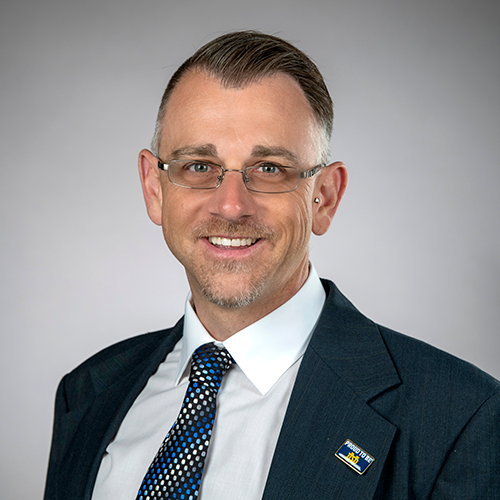 |
Jason Rohr, PhDPresenter Jason Rohr is the Ludmilla F., Stephen J., and Robert T. Galla Professor of Biological Sciences, Chair of the Department of Biological Sciences, and Co-Director of the Center for Rare and Neglected Diseases at the University of Notre Dame. He holds BA degrees in Biology and Environmental Studies, a MA in Teaching Biology, and a PhD in Ecology all from Binghamton University, and conducted postdoctoral research at the University of Kentucky and Penn State University. His research program emphasizes planetary health, focusing on how natural and anthropogenic environmental changes, mainly climate change, pollution, and alterations to biodiversity, affect wildlife populations, species interactions, and the spread of both wildlife and human diseases. His research makes efforts to integrate across disciplines, including ecology, the health sciences, agricultural sciences, toxicology, conservation biology, sociology, and economics, and to address multiple Sustainable Development Goals. The primary aim of his laboratory is to understand, and develop solutions to, environmental problems to enhance the likelihood of a sustainable co-existence of humans and the natural world. |
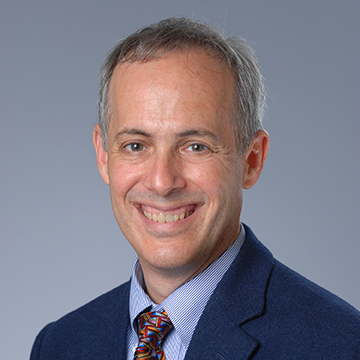 |
Peter H. Schwartz, MD, PhDPresenter Dr. Schwartz is Director of the Indiana University Center for Bioethics, Professor of Medicine and Bioethics at IU School of Medicine, and Professor of Philosophy at IUI. He directs the Bioethics and Subject Advocacy Program of the Indiana CTSI. Dr. Schwartz teaches, speaks, and writes about bioethics and conducts research in a range of areas, including shared decision making, risk communication, and patient understanding in precision healthcare, screening, and genetics. He has received funding from the American Cancer Society, the NIH, and the Patient Centered Outcomes Research Institute (PCORI), as well as others. Dr. Schwartz practices adult primary care in the Eskenazi Health System. He received his MD and PhD in Philosophy from the University of Pennsylvania and completed his residency in Internal Medicine at the Brigham and Women’s Hospital in Boston, MA. |
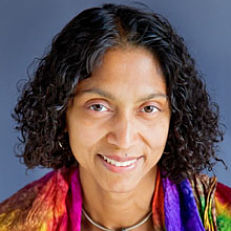 |
Kosali Simon, PhDPresenter Kosali Simon, an economist, is a Distinguished Professor and Herman B Wells Professor at Indiana University, Bloomington, O’Neill School of Public and Environmental Affairs where she is also an O’Neill Chair, and the Associate Vice Provost of Health Sciences for the campus. She serves as the co-lead for the CTSI Biomedical Informatics Core. In her research, she studies impacts of state and federal health care policies on health and related outcomes, especially among at-risk populations. She is Editor of Journal of Health Economics (JHE), and co-editor of Journal of Human Resources, a member of the US Congressional Budget Office’s panel of health advisors and a Board member of the Health Care Cost Institute (HCCI). In 2021 she was elected to the National Academy of Medicine. |
 |
Todd Skaar, PhDModerator Todd Skaar, PhD, is a Professor of Medicine in the Division of Clinical Pharmacology in the Indiana University School of Medicine. He did his graduate work in nutrition at the University of Wisconsin, lactation physiology at the Penn State University, and a postdoc in breast cancer drug resistance at the Lombardi Cancer Center at Georgetown University. Since joining the Division of Clinical Pharmacology at the Indiana University School of Medicine, his research has focused on the discovery and implementation of genomic predictors of drug response. More specifically, his studies are focused on identifying and functionally testing genetic variants in the drug metabolism genes that are associated with clinical drug efficacy and toxicity. They also include studies to identify miRNAs and other molecular mechanisms that contribute to the drug-induced and developmental changes in hepatic drug metabolism. He leads multiple pharmacogenomics implementation studies focused on identifying and overcoming the barriers to using pharmacogenomics to guide drug therapies. He is also a co-leader of the Cancer Prevention & Control Program of the Indiana University Simon Comprehensive Cancer Center and the Director of the Indiana Institute for Personalized Medicine. His research is funded by grants from the NIH NIGMS, NHGRI, and NCI. His work has been published in over 200 peer-reviewed articles. He received the Outstanding Mentor Award from the IU School of Medicine and was recognized by Web of Science as a “Highly Cited Researcher”. |
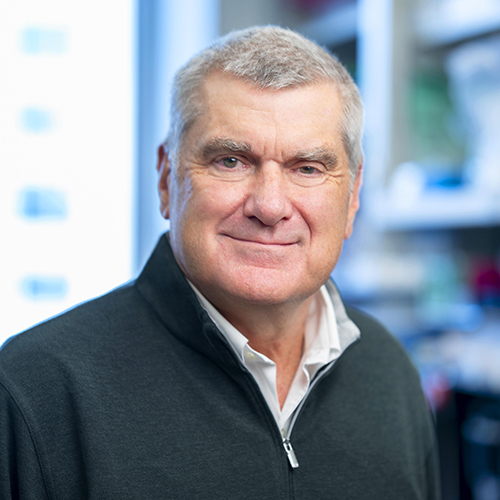 |
Craig B. Thompson, MDWatanabe Awardee and Keynote Speaker Craig B. Thompson, M.D., is the former President and Chief Executive Officer of Memorial Sloan Kettering Cancer Center (MSK) and currently leads a research laboratory at the Sloan Kettering Institute and is a member of the Department of Medicine at Memorial Hospital for Cancer and Allied Diseases. Dr. Thompson received his BS from Dartmouth and MD from the University of Pennsylvania, followed by clinical training in internal medicine at Harvard Medical School and in medical oncology at the Fred Hutchinson Cancer Research Institute. Dr. Thompson has extensive research experience in cancer, immunology, and translational medicine. His current research focuses on the regulation of cellular metabolism during cell growth/differentiation and on the role that metabolic changes play in the origin and progression of cancer. Dr. Thompson is a member of the National Academy of Medicine, the National Academy of Sciences, and the American Academy of Arts and Sciences. He is also a Fellow of the AACR Academy. |
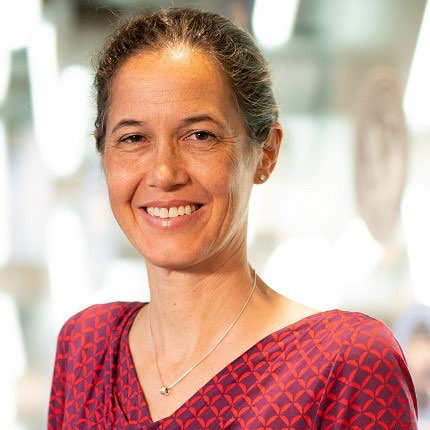 |
Sarah Wiehe, MD, MPHCo-Director Dr. Wiehe is Co-Director of the Indiana Clinical and Translational Sciences Institute and its Community Health Partnerships program, Patient Engagement Core, and the Monon Collaborative initiative. She is a pediatrician and public health researcher. Dr. Wiehe is an Investigator at the Regenstrief Institute and serves as Division Chief of Children’s Health Services Research in Pediatrics and Associate Dean of Community and Translational Research at Indiana University School of Medicine as well as adjunct faculty of Geography at the School of Liberal Arts and Epidemiology at the Richard M. Fairbanks School of Public Health at IUPUI. Dr. Wiehe’s research focuses on health equity issues among children, adolescents, and young adults. Specifically, she engages community stakeholders and leverages existing data to identify mechanisms and opportunities for intervention in order to improve health among vulnerable populations. She partners with patients and community stakeholders to strengthen the relevance, the impact and the sustainability to her work. |
